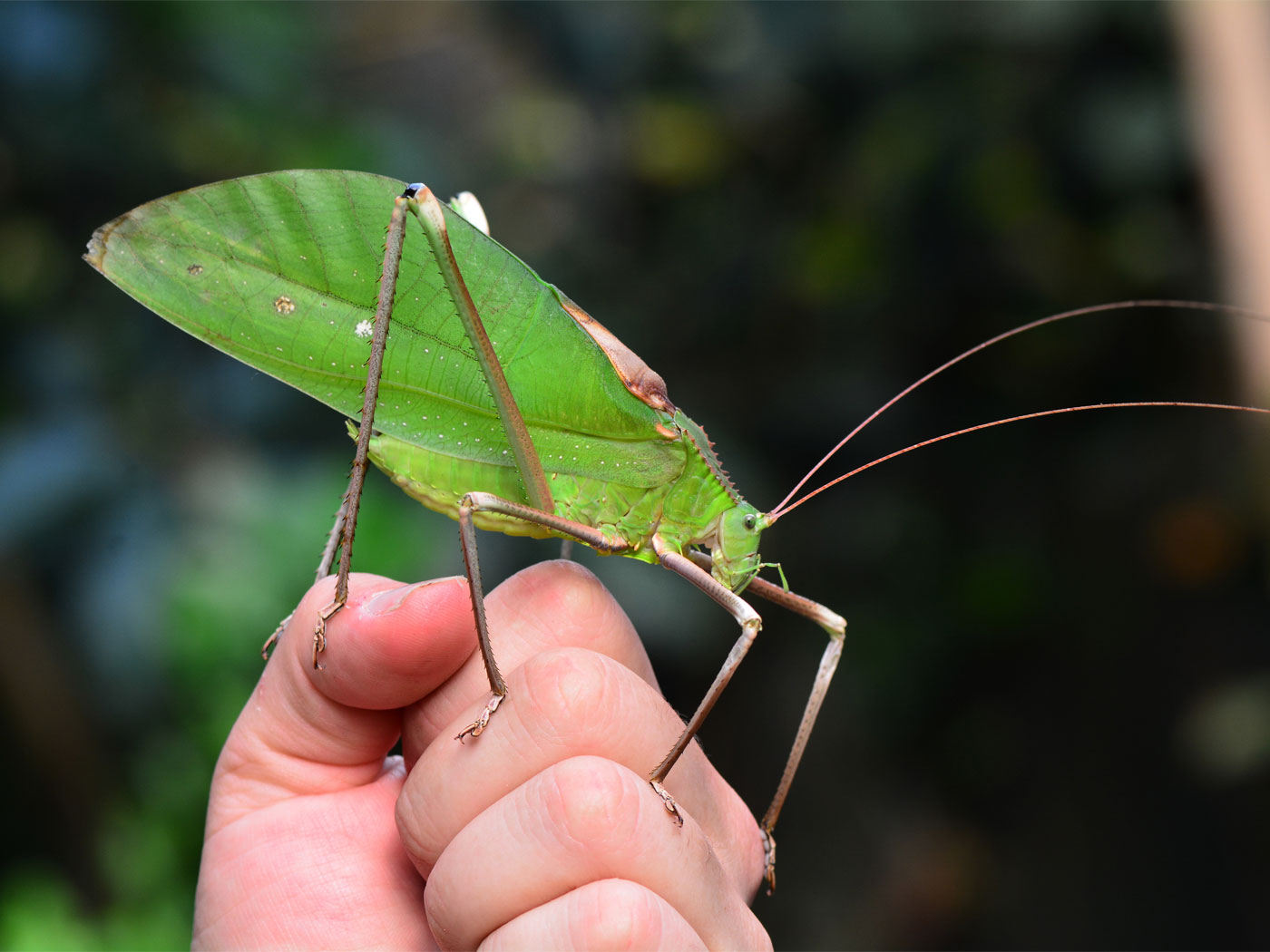Wild habitats are shrinking as the human population grows. Many wild creatures have increasingly fewer places to live or face deteriorating environments. Finding a method that would detect whether an organism is under so much stress that its population is about to die out would be helpful to those wishing to preserve endangered species.
A recent study may have provided a first step in developing such a method. A pair of researchers performed an experiment that involved intentionally stressing a population of "water fleas," tiny filter-feeding aquatic crustaceans called Daphnia magna. They began incrementally reducing the fleas' available food and eventually detected sure indications that the population was headed toward extinction.
Such indications may prove helpful when looking for signs that a wild population is in danger. But buried in this study was an observation that fits a prediction of the creation model.
John Drake and Blaine Griffen published their results in Nature. They found that the Daphnia initially underwent a characteristic spike in population growth. This "population explosion ('baby boom') was followed by a decline and smaller peak ('echo boom')."1 They described this growth pattern that follows "bottlenecking" as characteristic of the living world at large, happening time after time when population sizes are suddenly reduced.
They stated that the initial population growth that occurs after the original population was bottlenecked down "is general and occurs in virtually all biologically sensible models."1 This confirms real biological observations, such as those described by the late researcher Arthur Custance in The Seed of the Woman:
Every species seems to be able to respond to new environmental conditions when necessary with remarkable rapidity, and to adapt (within species specific limits) both its structural form and patterns of instinctive behaviour.2
The internal biological mechanisms underlying this nearly universal capacity were not well known at the time of Custance's writing, and they remain largely enigmatic. However, even if little is known about the operation of these mechanisms, enough is understood about their effects to observe that creatures across the planet appear to have been outfitted with sophisticated tools that ensure their ability to do exactly what the Creator intended for them: "multiply, and fill" the various habitats that would become available as environments changed.3
In the end, the Daphnia died due to insufficient allotted food portions. But before they did, they showed signs of "critical slowing down," a phenomenon that until now had only been observed in physical, not biological, systems. This phrase "describes the decreasing rate of recovery from small disturbances to a system as it approaches a tipping point."4
The authors showed that, given solid baseline data from a healthy population, separate statistical measures can confirm when population fluctuations are undergoing a critical phase, beyond which extinction is inevitable.
Whether these techniques will find useful application in helping to foresee trouble and therefore prioritize conservation agendas remains to be seen. But in the meantime, an observation taken from a plain reading of Genesis 1 has been confirmed yet again. Creatures' abilities to adapt to and occupy new habitats are not products of chance or nature—they are the products of intention, engineering, and foresight.
References
- Drake, J. M. and B. D. Griffen. Early warning signals of extinction in deteriorating environments. Nature. 467 (7314): 456-459.
- Custance, A. 1980. Death For Animals: Programmed Limitation. In The Seed of the Woman. Brockville, Ontario: Doorway Publications. Posted on custace.org, accessed September 22, 2010.
- Genesis 1:22.
- Gavrilles, B. Study may help predict extinction tipping point for species. University of Georgia press release, September 8, 2010.
* Mr. Thomas is Science Writer at the Institute for Creation Research.
Article posted on September 27, 2010.






















